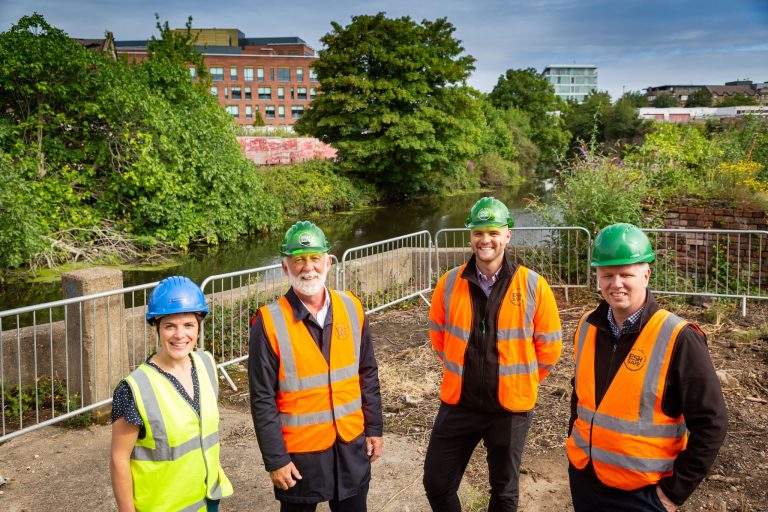Esh Construction is expanding its land-led housing strategy with a £65 million pipeline of developments across the North East and Yorkshire, targeting the delivery of around 300 affordable homes.
The expansion includes four newly acquired sites. In Bridlington, the company plans a 68-unit extra care scheme. In Hull, it’s set to build 65 homes, a mix of two—to four-bedroom properties. The Yorkshire schemes account for £36 million of the total investment.
In the North East, Esh will develop a 55-home extra care facility valued at £20 million in Gateshead, replacing a disused library. A further £9 million has been allocated to a residential scheme in Jarrow, where the company will deliver a mix of houses and flats.
These projects are part of Esh’s ongoing strategy, first launched in 2019, to secure and develop land directly. The firm takes ownership of technical, planning, and construction processes to reduce delivery risk and improve project viability. The firm leverages its status as a Homes England Investment Partner to unlock funding for housing association clients, helping bridge financial gaps in affordable housing projects.
Since adopting this approach, Esh has delivered schemes in Leeds, Doncaster, and County Durham, and is preparing additional sites across both regions for planning submission.











